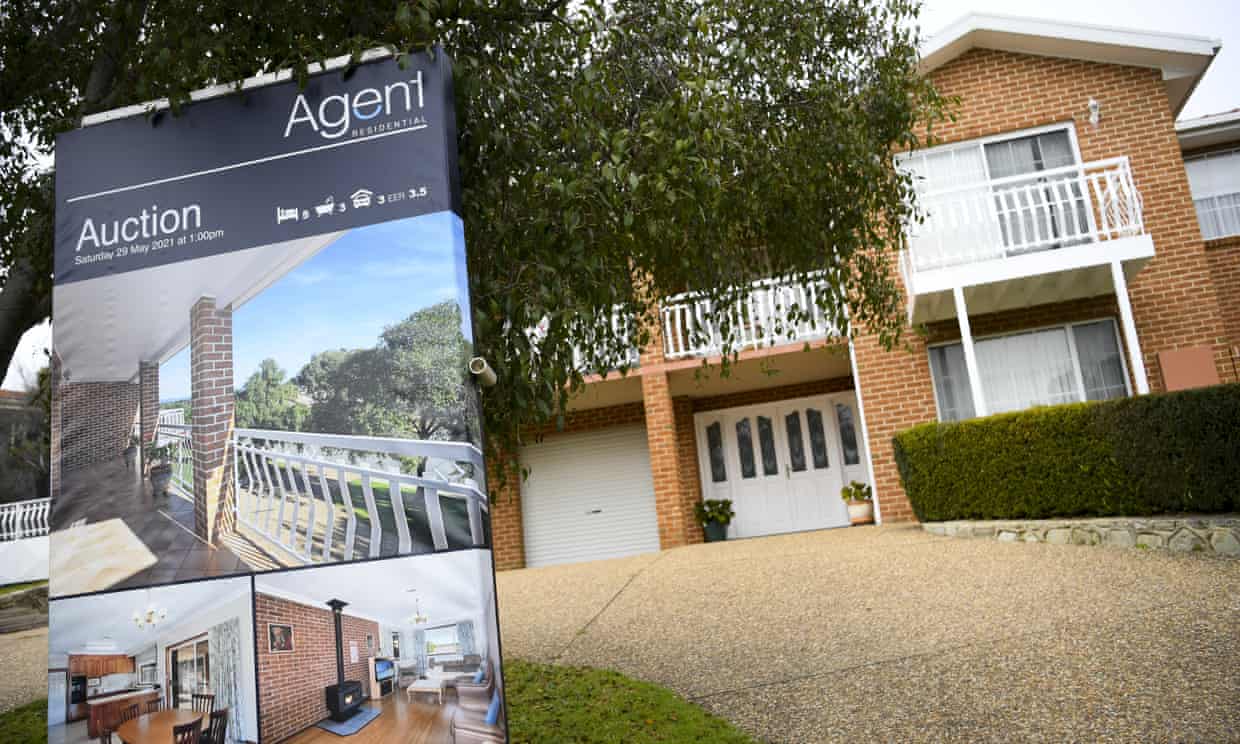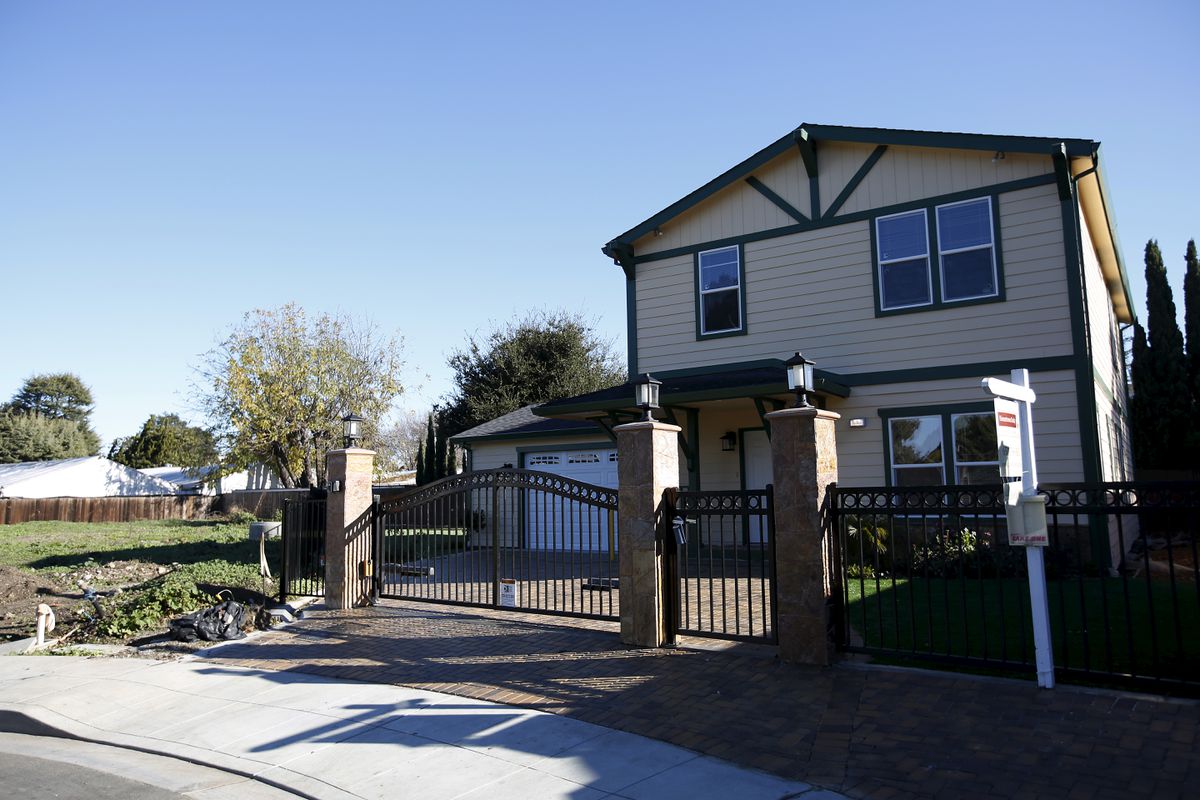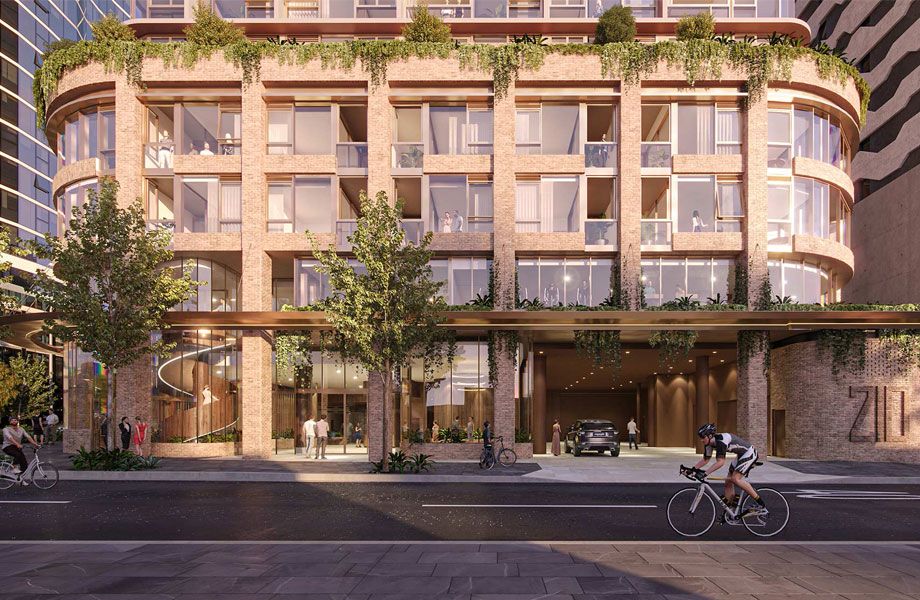Quarterly Vantage Point - Q3 2022
Read up on past Vantage Points to find out the hottest news during the period of Q3 2022.

Read up on past Vantage Points to find out the hottest news during the period.
July 2022

Rising Interest Rates Affecting Home Sales in Australia and the U.S., Real Estate Outlook in the U.K. and Asia-Pacific Remains Strong
Inflation and interest rates have been dominating headlines in recent weeks, with an increasing focus on how this might affect property markets, and in particular housing prices. The effects have begun being felt in Australia, where house prices have fallen for the first time since Sep 2020, and in the United States, where home sales have fallen to a two-year low.
The outlook for Asia-pacific and the United Kingdom however is bullish, with the Urban Land Institute forecasting a sustainable pandemic recovery for the Asia-pacific, and a Investec Real Estate survey showing that a majority of high net worth individuals are bullish on the UK residential and office markets for the next five years.

Australia’s house prices fall for first time since September 2020
The Guardian – House prices nationally recorded their first decline since September 2020 in May, led by monthly losses in Sydney and Melbourne, the country’s two largest real estate markets. The CoreLogic home value index declined 0.1% in May, with Sydney dropping 1.0% and Melbourne off 0.7%. Analysts pointed to high inflation, raised interest rates, and tightening lending conditions as behind the fall in prices.

U.S. home sales slide as prices break above USD400,000 for first time
Reuters – U.S. existing home sales tumbled to a two-year low in May as prices jumped to a record high - topping the $400,000 mark for the first time - and mortgage rates increased further, pushing out entry-level buyers from the market. The numbers joined housing starts, building permits and homebuilder sentiment in suggesting that the housing market was losing speed under the weight of higher borrowing costs.

Real estate sector in Asia-Pacific to remain ‘resilient’: ULI
BT – Asia-Pacific’s real estate sector is expected to remain “resilient” over the next few years, with largely stable capitalisation rates, said the Urban Land Institute (ULI). David Faulkner, president of ULI Asia-Pacific, said: “We believe Asia-Pacific will continue to be on an upward trajectory between this year and 2024, pointing towards a sustainable recovery following the pandemic."
Read also: ESG & Green Buildings: Should They Be an Investment Focus?

Private investors bullish on U.K. real estate outlook
Funds Europe – Private investors and developers remain bullish on the outlook for UK real estate despite ongoing economic uncertainties, according to research from Investec Real Estate. Data was gathered from 110 individuals with a total net worth of £12.2 billion, and London’s residential market was seen as a particularly attractive market for real estate investment, with 91% of private clients expecting prime central London returns to increase in the next five years.

Billionaire Henry Cheng ventures into Web3 with investment tokens for London real estate
Knight Dragon, a London-based property developer owned by Hong Kong’s Henry Cheng, is offering investors a share in the profits of one of Britain’s largest urban renewal projects by using blockchain technology. The developer announced that it plans to issue tokens which will entitle their holders to a share of the profits generated from a 191-unit tower from part of the Upper Riverside development, an apartment complex within the company’s landmark Greenwich Peninsula project.
August 2022

Singapore’s GIC Increased Its Allocation to Real Estate Assets to 10 Percent, Investors Favour Real Estate Debt for Stability and Diversification
As inflation continues to grab headlines and create a challenging investment environment, Singapore’s GIC increased its allocation to real estate assets to 10 percent during its most recent fiscal year from 8 percent a year earlier. This comes after a remarkable year in 2021 where GIC poured $34.5 billion into 110 deals — nearly doubling its activity compared with 2020. The move backs real estate as being a resilient asset class during such times of high inflation and uncertain growth outlook.
Within the real estate realm, investors are gravitating towards debt investments for stability and diversification. According to JLL’s Investor sentiment barometer, 21% of investors are planning to deploy more capital in the debt space this year. As banks focus on the impact of rising base rates and incumbent sponsors, opportunities are emerging, particularly for non-bank lenders who can take higher risks, to tap demand for development financing.

Singapore's GIC ups real estate allocation to 10% as inflation threat looms
Mingtiandi – Singapore’s GIC increased its allocation to real estate assets to 10 percent from 8 percent a year earlier, as the sovereign wealth fund frets over inflation and growing uncertainty. For the 12 months which ended 31 March, bonds and cash continued to form the biggest slice of the fund’s asset mix with 37 percent.

Real estate debt broadens appeal with investors
JLL – Investors in Asia Pacific are reallocating capital to debt for stability and diversification. Commercial real estate debt is gaining a firmer foothold in investors’ strategies as they look to diversify. The need to mitigate market risks in light of recent steep cash rate hikes by central banks is further strengthening the appeal of debt strategies.
Read also: Top 8 Sources of Real Estate Investment Risk

Decline, but overseas investors’ office appetite still keen
The Urban Developer – While overseas investment in Australia in the first half of 2022 declined overall, some countries remain key investors in our property market. CBRE’s In and Out Report for the Asia Pacific region for the period found Hong Kong lead the investment charge with Singapore close behind and that South Korea and Malaysia had entered the market too.
Read also: Is Hong Kong’s Real Estate Market a Total Write-Off?

New York office occupancy hits pandemic era milestone at more than 40% full
The City – New York’s recovery from the pandemic reached a milestone last week when city office occupancy topped 40% for the first time since the March 2020 shutdown. The closely watched Kastle Back to Work Barometer increased to 41.2% last week, up almost five percentage points compared to the week of May 30 to June 3.

UK house price forecasts revised up for 2022
Knight Frank – With inflation at a 40-year high and interest rates at their steepest in 13 years, annual house price growth rose to 12.4% in April. The housing market is clearly taking longer than anticipated to recover from the distortions caused by the pandemic and stamp duty holiday.
Read also: Investing in the U.K. Real Estate Market
September 2022

Increasing Investment Preference for Non-Traditional Real Estate Asset Classes, including Multifamily and Build-to-Rent, Cold Storage, and Industrial and Data Centres
Non-traditional real estate classes, such as multifamily and industrial & logistics, have been stealing the limelight from the retail and office sectors in recent years. According to surveys, these real estate classes have topped the list of investor preference, with investors ranking multifamily as their top choice of investment and industrial & logistics as the runner-up.
Further underscoring this shift in demand, Brisbane saw a twofold increase in its Build-to-Rent pipeline, driven by aggressive acquisition strategies from major players who have been scaling up to meet robust demand. The cold storage market in Asia Pacific is also starting to gain attention, due to an acute shortage of new supply, outdated existing facilities and a widespread adoption of online shopping.
Read also: Brisbane Riding on Cyclical and Structural Tailwinds

Brisbane doubles Build-to-Rent pipeline
The Urban Developer – As the value proposition of build-to-rent becomes better understood by the renter market, rental premiums are anticipated to become materially greater than standard build-to-sell apartment rents. Backed by strong demand coming from a 35% renter population, there is substantial opportunity for build-to-rent to supply rental accommodation that the build-to-sell market is unable to fulfil in the short to medium term.

Investment in Asia Pacific cold storage real estate to reach US$5 billion
JLL – Driven by an acute shortage of assets and outdated existing facilities, investments in Asia Pacific's cold storage sector is expected to grow fivefold, reaching US$5 billion annually by year 2023. The emergence of cold storage as a distinct asset class will be driven by rising incomes and increased urbanisation in the next decade.

Institutions have shifted to Multifamily, Industrial and Data Centres in their real estate allocations
WealthManagement – Institutional investors have honed in on sectors that have outperformed the broader commercial real estate market in recent years. While once weighted towards office and retail, survey results show that a strong percentage of institutions now prefer investing in multifamily (67%), industrial (47%) and data centres (36%).

Law firms lead the charge for new office space in London
Knight Frank – Law firm take-up in London continued its record-breaking streak with over 400,000 sq ft of space acquired during Q2 2022, nearly a quarter of take up in the City. Many of these offices are London's best and most sustainable new developments, underscoring the fact that law firms see sustainability as a key factor for their offices.

Suburban Philadelphia is one of the country's most competitive rental market
The Philadelphia Inquirer - Ranked as the 17th most competitive rental market in the US, Philadelphia's rental market boasts a 95.8% rate for occupied apartments and a lease renewal rate of 78%, the 2nd highest in US. With its relative affordability, various jobs and schools and position as a major metropolitan area, it continues to attract many out-of-town renters.
Vantage Point is a curated cache of the latest trends in real estate investing repurposed from media outlets and websites around the globe. Each article is a succinct wrap-up of key news points for an easy read. Outbound links, embedded in each editorial, are attributed to original external sources. RealVantage makes no warranties or representations regarding the accuracy, completeness or veracity of the information or data contained in such external sources. Editorials under the Vantage Point vertical do not reflect the views of RealVantage, in part, or in its entirety.
About RealVantage
RealVantage is a leading real estate co-investment platform, licensed and regulated by the Monetary Authority of Singapore (MAS), that allows our investors to diversify across markets, overseas properties, sectors and investment strategies.
The team at RealVantage are highly qualified professionals who brings about a multi-disciplinary vision and approach in their respective fields towards business development, management, and client satisfaction. The team is led by distinguished Board of Advisors and advisory committee who provide cross-functional and multi-disciplinary expertise to the RealVantage team ranging from real estate, corporate finance, technology, venture capital, and startups growth. The team's philosophy, core values, and technological edge help clients build a diversified and high-performing real estate investment portfolio.
Get in touch with RealVantage today to see how they can help you in your real estate investment journey.
Disclaimer: The information and/or documents contained in this article does not constitute financial advice and is meant for educational purposes. Please consult your financial advisor, accountant, and/or attorney before proceeding with any financial/real estate investments.
